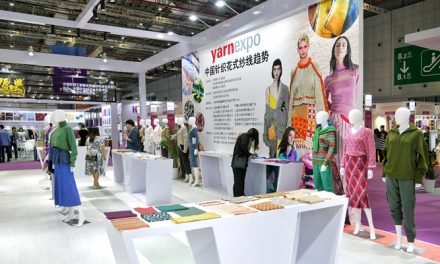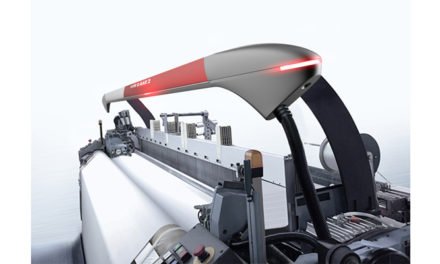
Pakistan’s garment and textile exporters are encouraged to diversify their export destinations by entering emerging and high-end markets, including Russia, Central Asia and Middle Eastern countries. This statement was made by CEM Altan, president of the International Apparel Federation (IAF), during a press conference recently.
Instead of solely exporting low-cost textile made-ups, Pakistan should focus on value-added products such as garments, fast fashion, sportswear and medical wear, according to Altan, who represents 42 countries. He noted that current circumstances allow Pakistani exporters to capture export orders from Bangladesh, which is losing its export market due to political uncertainty and governance challenges. Global fashion brands are exploring low-cost production countries that adhere to ESG compliance and labour rights, making established Pakistani brands attractive for foreign direct investment (FDI).
Altan emphasised the need for textile units to digitise their supply chains through tools like ERP systems, blockchain for transparency, and IoT to improve production planning and inventory management. He urged established brands to strengthen their e-commerce platforms and encourage local manufacturers to enter global online marketplaces like Amazon, Alibaba and Etsy to reach a broader customer base. Ijaz Khokar, former chairperson of the Pakistan Readymade Garment Manufacturers and Exporters Association (PREGMEA), said that Pakistani exporters are planning to explore new markets, particularly Russia, which could yield export values comparable to those of North American markets, provided that the two countries establish banking channels. In addition to garments, Pakistani companies could also export leather goods and fashion wear.
He mentioned that Pakistani exporters have recently received orders from buyers in Bangladesh, and the volume of orders from South Asian countries is expected to grow further in the coming months. Under the banner of PREGMEA, local textile and apparel producers are planning to organise the World Fashion Convention in Pakistan in 2026. This will be the second time that Pakistan hosts this global mega-event, having first done so in 2019. Khokar believes this event will positively impact the industry in multiple ways and highlighted the need for government support.
He called on the government to establish multiple research and development centres, textile clusters, packaging centres, and fashion design centres in collaboration with the private sector. These initiatives will strengthen garment and apparel producers and enhance their exports to various countries. Khokar also noted that Pakistani exporters received an overwhelming response from Texpo Pakistan, which is expected to reflect in export values. He added that Pakistan should consider launching its Texpo in the regional hub of Dubai in the near future to attract new buyers.






















